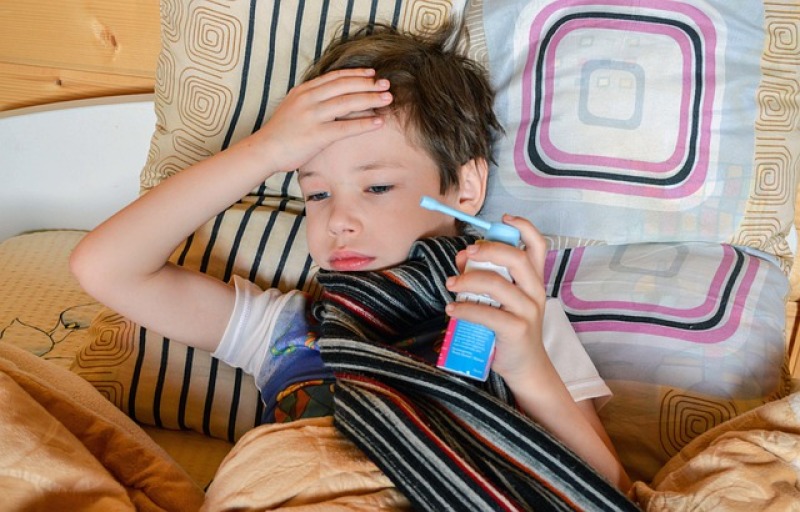
People with asthma are 30% less likely to contract the COVID-19, a recent study revealed.
The study, released in The Journal of Allergy and Clinical Immunology: In Practice last November 24, 2020, as per Newsmax, was meant to assess bronchial asthma in coronavirus disease 2019. It is entitled "COVID-19 Susceptibility in Bronchial Asthma" and was conducted from February 1 to June 30 of this year by a five-member medical team from Israel.
"We observed lower COVID-19 susceptibility in patients with preexisting asthma," read the study undertaken by Doctors Ilan Green, Eugene Merzon, Shlomo Vinker, Avivit Golan-Cohen, and Eli Magen who come from various Israeli medical institutions.
Participants of the study came "from a large nationwide health maintenance organization in Israel" involving "a total of 37,469 subjects" who "were tested for COVID-19 RT-PCR" of which "2,266 (6.05%)" of said cases cross-referenced "were positive".
"Asthma was found in 153 or 6.75% of COVID-19 positive patients and in 3,388 or 9.62% of those who tested negative. Previous epidemiological reports from China and Italy revealed that few patients with COVID-19 had asthma, the paper notes. Asthma was reported in 9% of hospitalized patients with COVID-19 in New York and 14% in the United Kingdom," as per The Jerusalem Post.
In addition, the study highlighted that "antileukotrienes, inhaled corticosteroid, and long-acting beta-agonist use does not have a significant impact on COVID-19 positivity proportions." This means that the maintenance medications of people with asthma actually protect them from acquiring the virus.
However, it adds that "smoking is negatively associated with a likelihood of COVID-19 infection".
This breakthrough is actually contrary to popular knowledge cascaded to the general public since the beginning of the coronavirus pandemic.
In fact, according to the Centers for Disease Control and Prevention, "people with moderate to severe asthma may be at a higher risk of getting very sick from COVID-19. COVID-19 can affect your nose, throat, lungs (respiratory tract); cause an asthma attack; and possibly lead to pneumonia and acute respiratory disease."
Newsmax cited The Hill in saying that Merzon identified the reasons why people with asthma are less prone to acquiring the virus contrary to what medical experts actually know.
Primarily, "respiratory allergy is associated with significant reductions in angiotensin-converting enzyme 2 (ACE2) receptors in the lungs, the protein that provides the entry point for COVID-19 to hook into and infect human cells".
Secondarily, "people with asthma are more likely to suffer from severe cases of COVID-19". This knowledge actually prompted those with asthma to obediently adhere to instructions given by health officials and actually observe prescribed health measures to prevent being infected by COVID-19 like wearing masks, social distancing and maintaining good hygiene.
Finally, the "treatment for asthma with inhaled corticosteroids (ICSs) could reduce the likelihood of getting the virus", which "might reduce replication of COVID-19". This pertains to inhalers people with chronic asthma use.
The study recommended that besides the need for further studies be done to better define the chronic comorbidity of bronchial asthma might have to modify public health measures compliance, physicians should continue in the treatment of asthma according to previously prescribed medical guidelines.




























